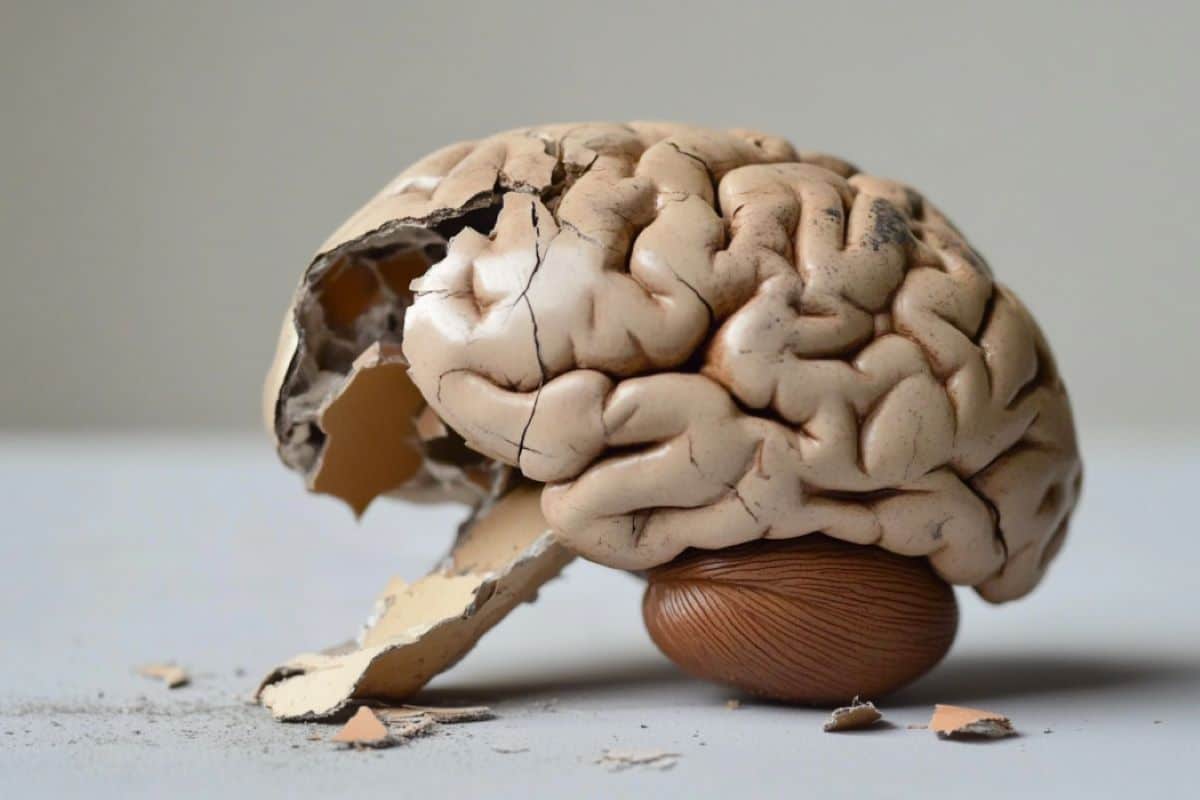Feeling Tired? Discover Why Mental Fatigue Heightens Temptation for Rewards
The Science Behind Mental Fatigue and Reward Temptation
Recent scientific investigations have unearthed compelling links between mental fatigue and an increased desire for rewards, particularly those deemed unhealthy. Psychologists and neuroscientists assert that when we're mentally exhausted, the brain craves shortcuts to quickly replenish energy, often leading us to seek immediate pleasure from snacks or other quick rewards. This tendency is not unique to humans; rats in controlled studies have shown similar behaviors, opting for higher rewards when mentally taxed.
The Experiment: Humans and Rats Aligned
Intriguingly, comparative studies on humans and rats reveal parallel patterns of behavior. When subjected to tasks requiring extensive cognitive effort, both species demonstrated a heightened inclination for immediate rewards. This finding underscores the universality of reward-based motivation, suggesting evolutionary remnants that compel living beings toward quick gratification post-exertion.
"The brain, like a muscle, tires and seeks paths of least resistance when energy reserves dwindle." - Dr. Emily Grant, Cognitive Neuroscientist
Why We Crave Unhealthy Snacks When Tired
The allure of unhealthy snacks when fatigued is a well-documented phenomenon. Researchers believe that as the brain depletes its reserves, it favors easily accessible energy sources. High-calorie, sugary treats provide the quick spikes in energy that a weary brain craves, although the effects are often short-lived and may lead to regrettable dietary choices.

How to Combat Mental Fatigue and Its Effects
- Prioritize balanced meals rich in proteins and complex carbohydrates to sustain energy levels.
- Engage in regular physical activity to boost cognitive functions and reduce stress.
- Ensure adequate sleep to allow brain recovery and enhance decision-making capabilities.
- Incorporate mindfulness and relaxation techniques such as meditation into daily routines.
Future Research Directions
With these findings, researchers aim to delve deeper into therapeutic strategies to mitigate the effects of mental fatigue. Studies focusing on dietary patterns, stress management, and improved mental stamina are on the horizon, promising new interventions that could revolutionize how we manage mental exhaustion and food temptations.
Read the full scientific studyAdditional Insights into Cognitive Demand
Our evolving understanding of cognitive demand and mental fatigue highlights the importance of nurturing our mental health. As we continue to explore new avenues, insights from neuroscience are expected to enhance personal and professional productivity by tackling fatigue-induced low performance and unhealthy indulgences, promoting a healthier lifestyle and mindset.
